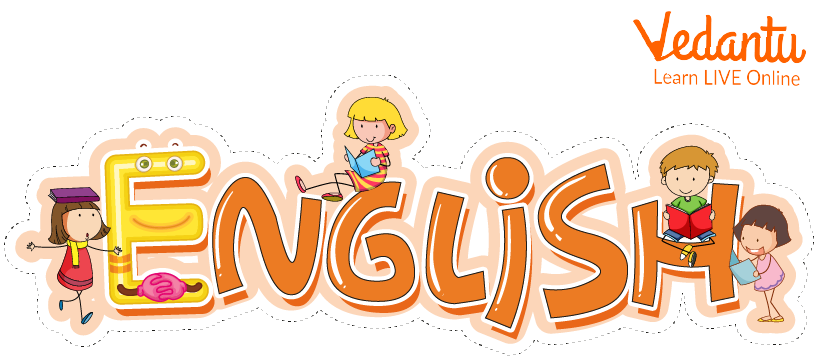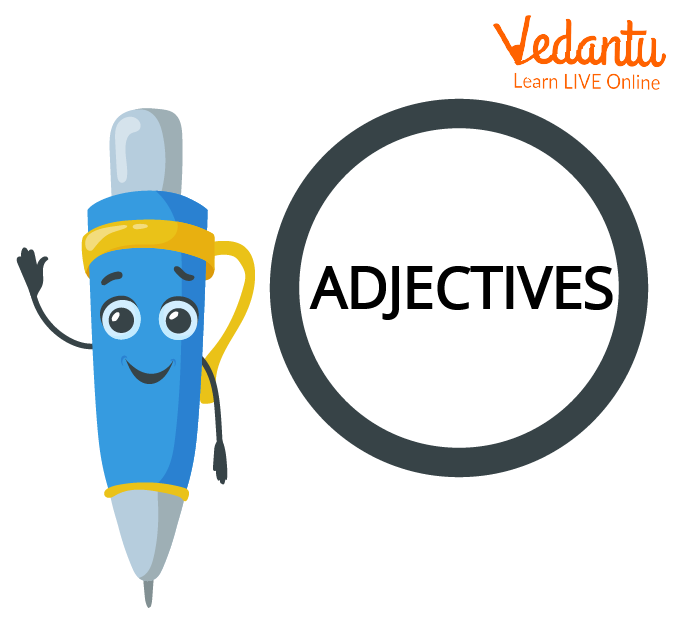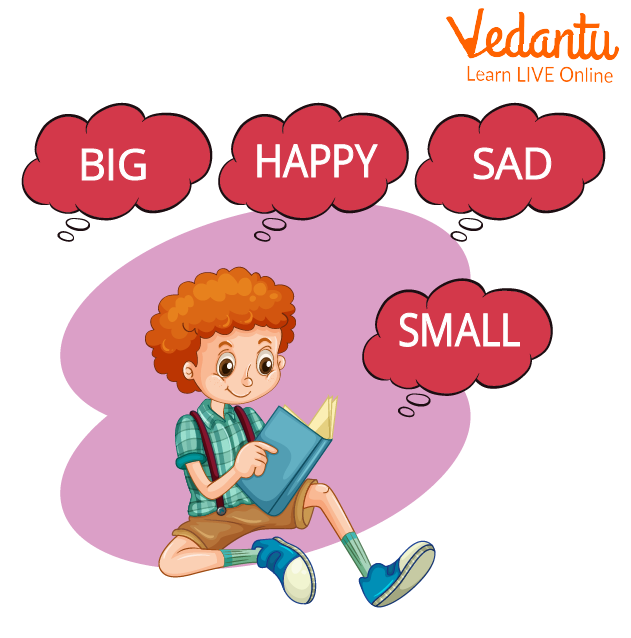Essential Adjectives Notes and Practice Questions for Class 7 English (2025-26)
FAQs on Class 7 English Grammar Adjectives Made Easy: 2025-26 Guide
1. What is a proper adjective?
Proper adjectives are used to describe the specific names of people, places, things, etc. They are used with proper nouns.
2. What is an interrogative adjective?
An interrogative adjective is a word that modifies a noun by posing a question. For example, when, what, etc.
3. What are three degrees of comparison?
The three degrees of comparison are positive, comparative, and superlative. For example, nice, nicer, and nicest.
Recently Updated Pages
Important Questions Class 7 Hindi Durva Chapter 10

Important Questions and Answers for Class 7 English Chapter 5 2025-26 Free PDF

Important Questions and Answers for Class 7 English Chapter 4 2025-26 Free PDF

Important Questions and Answers for Class 7 Social Science Chapter 9 2025-26 Free PDF

Important Questions and Answers for Class 7 Hindi Chapter 8 2025-26 Free PDF

Important Questions and Answers for Class 7 English Chapter 11 2025-26 Free PDF

Trending pages
CBSE Important Questions for Class 7 Science - 2025-26

Comprehensive English Grammar Guide for Class 7 (2025-26)

CBSE Important Questions for Class 7 Maths - 2025-26

CBSE Important Questions for Class 7 Maths Perimeter and Area - 2025-26

Class 7 English Grammar Ncert Solutions Notice Writing

CBSE Important Questions for Class 7 Science Transportation in Animals and Plants - 2025-26

Other Pages
One Day International Cricket

What is the Full Form of UGC? Detailed Guide for Students

Pongal 2026: Bhogi Pongal, Thai Pongal, Mattu Pongal, Kanum Pongal - Dates, Time, Rituals, and Significance

Fastest 50 in t20 International

Important Days in February 2026 – Check All National & International Events List

Who is Carlos Alcaraz? Biography, Age, and Achievements










